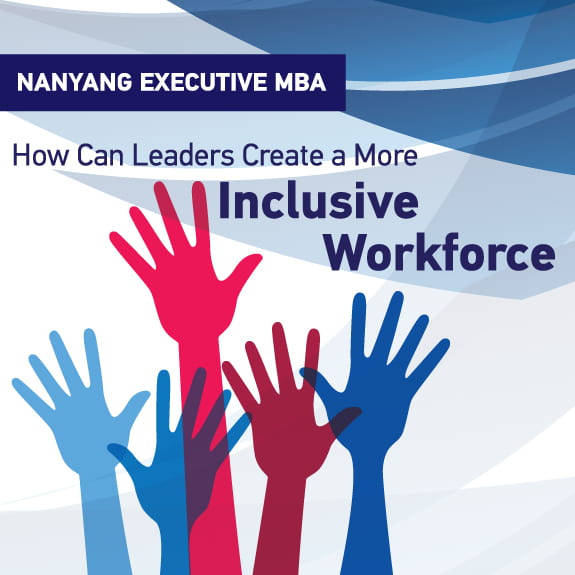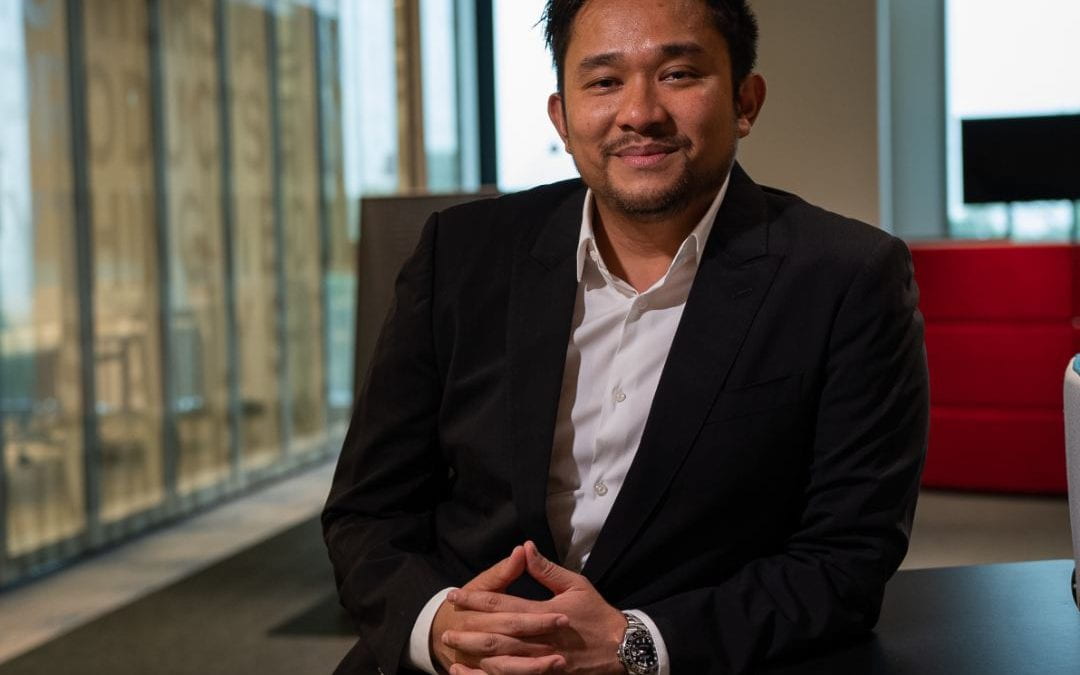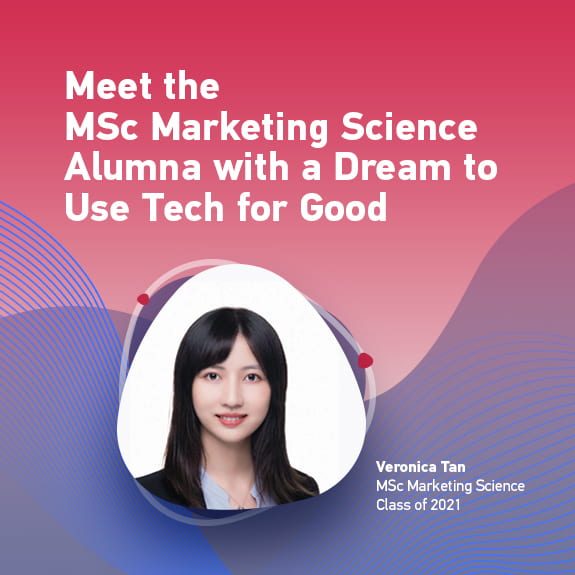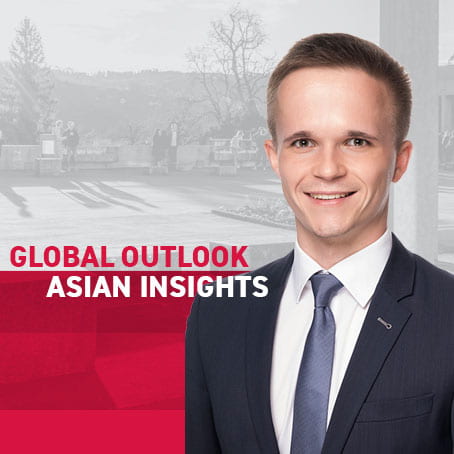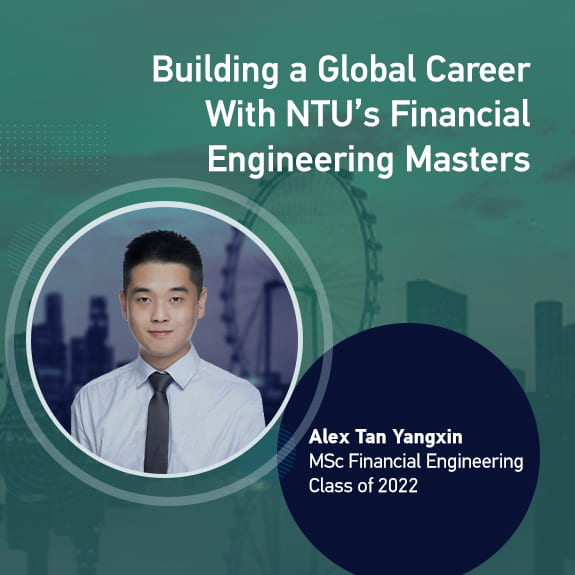
How the MSc Financial Engineering Programme Made Him a More Innovative Strategist
Graduate Studies Blog

MSC FINANCIAL ENGINEERING
How the MSc Financial Engineering Programme Made Him a More Innovative Strategist
Ian Yi Hsiung, whose first academic degree is in finance, gradually got interested in data, which was the reason he embarked on Nanyang Technological University’s (NTU) MSc in Financial Engineering (MFE) programme.
“I was getting keen on analysing financial market data, such as time series data from the equity market or macro-economic data. I saw that this analytical process would lead to fascinating global trends and insights,” Ian says. “That was when I knew that I wanted to further my studies in financial engineering.”
Beyond fulfilling Ian’s growing professional interest in data
MFE programme also made him a more innovative thinker who can now tap into and combine multiple areas of knowledge – such as mathematics, finance, and programming – at work.
Ian shares three ways that the MFE programme has honed his thinking.
1.Being an Interdisciplinary Thinker
Ian is in the Structured Investment team of Taishin International Bank, Taipei, where he focuses on investment strategies. For Ian, the MFE programme has made him a strategic thinker due to its interdisciplinary approach.
“At first, when I entered the MFE programme, I didn’t have a solid coding background,” Ian says. “The MFE programme has a substantial computing curriculum, so this area, which was completely new for me, was something I really committed myself to.”
He explains that his current work in Structured Investment goes beyond knowing about interest rates and derivatives: “In fact, every day, I use coding and data analysis to develop better strategies.”
Ian adds, “This reminds me that in the MFE programme, I really liked the computing modules because they combine coding and financial market knowledge to create new, exciting possibilities. Even now, I still practise this sort of thinking – analysing across different fields, combining insights, connecting the dots – to be a better strategist.”
2.Gaining Diverse Perspectives in a Global Classroom
Studying in NTU, Singapore, was Ian’s first major overseas stint.
He says, “The NTU classroom is very diverse with students from all over the world. This reflects Singapore too – it is a country that brings the world to you. Apart from learning about so many cultures and ideas, I also got to know about very diverse career paths. All this has really changed my worldview.”
The exposure to a melting pot of cultures has inspired Ian to continue making friends from different nationalities even while he is based back at his hometown of Taipei.
“I also gained many skills in teamwork through the MFE programme,” he says. “Working with different classmates from different cultures at the time taught me a lot in communication, empathy, openness, and creativity. I bring these approaches to my work now as I coordinate tasks among various divisions and colleagues.”
3.Staying Abreast of Finance and Tech Trends
Ian believes that to be an innovative thinker, one must always stay up to date.
“For example, the world we are in today is driven by data and tech. Thanks to these developments, many things that were once impossible is now possible. If I don’t keep up with these developments, then I can’t bring the best solutions to the table. I won’t be pushing the boundaries of what is feasible,” he says.
The MFE programme, he says, includes modules like “Artificial Intelligence Techniques in Finance” that present the latest, cutting-edge innovations in financial engineering.
“The MFE programme offers students a solid foundation in finance as well as open them up to emerging trends in the industry,”
Ian says. “This also makes it a very intense and challenging programme. Not only will students be studying across various fields but also getting the length and breadth of knowledge of each field. About one year into the programme, I really improved a lot and got used to the demanding pace. So, if you’re ready for the challenge, just do it.”

